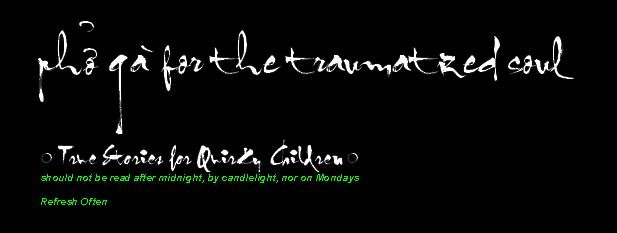I used to joke that the Learning Annex has classes on things only rich people know like how to hide your money in overseas accounts.
Knowing about how to protect your family in the event of death, catastrophe, is one of those cultural capital that so many immigrant/low income families don't know and so get screwed over and remain in poverty. We went to a parents' workshop about it at Bananas Inc (Oakland).
My biggest take away is "A Will is an act of Love; it shows your children you love them enough to take care of them even after you die."
A Will is for when you die; a Living Will is for when you are incapacitated, establishes power of attorney; an Advance Health Directive is re: your medical care if you are incapacitated.
Other things we learned--if you write your own will it must be entirely HANDWRITTEN so that your identity can be verified through handwriting; if it is typed, probate court will disregard it even if you have notarized witnesses. Everything you own is your Estate including property, cars, life insurance, etc. Unless your Estate is in a Trust (a fictional company that your family are the "tenants/employees of"), it will go through probate court to ultimately decide even if there is a Will and your heirs will have to pay heavy taxes (something like 40%). If your Estate is in a Trust and you die, it does not go through probate court, your personal debt will be forgiven. If you don't have a Trust and die, your debtors have first right to claim everything in your Estate before your heirs see a dime and they will still have to pay probate tax on your entire estate, not just the remainder.
Guardianship of minors always goes through Probate court, but your Will can influence placement. No Will means the Court decides what is best for your children. We bought the Nolo book on DIY Wills until we can save up for a lawyer but each state also have different probate laws (it costs something like $500 to do a Will and $2500 to set up a Trust).
Knowing about how to protect your family in the event of death, catastrophe, is one of those cultural capital that so many immigrant/low income families don't know and so get screwed over and remain in poverty. We went to a parents' workshop about it at Bananas Inc (Oakland).
My biggest take away is "A Will is an act of Love; it shows your children you love them enough to take care of them even after you die."
A Will is for when you die; a Living Will is for when you are incapacitated, establishes power of attorney; an Advance Health Directive is re: your medical care if you are incapacitated.
Other things we learned--if you write your own will it must be entirely HANDWRITTEN so that your identity can be verified through handwriting; if it is typed, probate court will disregard it even if you have notarized witnesses. Everything you own is your Estate including property, cars, life insurance, etc. Unless your Estate is in a Trust (a fictional company that your family are the "tenants/employees of"), it will go through probate court to ultimately decide even if there is a Will and your heirs will have to pay heavy taxes (something like 40%). If your Estate is in a Trust and you die, it does not go through probate court, your personal debt will be forgiven. If you don't have a Trust and die, your debtors have first right to claim everything in your Estate before your heirs see a dime and they will still have to pay probate tax on your entire estate, not just the remainder.
Guardianship of minors always goes through Probate court, but your Will can influence placement. No Will means the Court decides what is best for your children. We bought the Nolo book on DIY Wills until we can save up for a lawyer but each state also have different probate laws (it costs something like $500 to do a Will and $2500 to set up a Trust).



